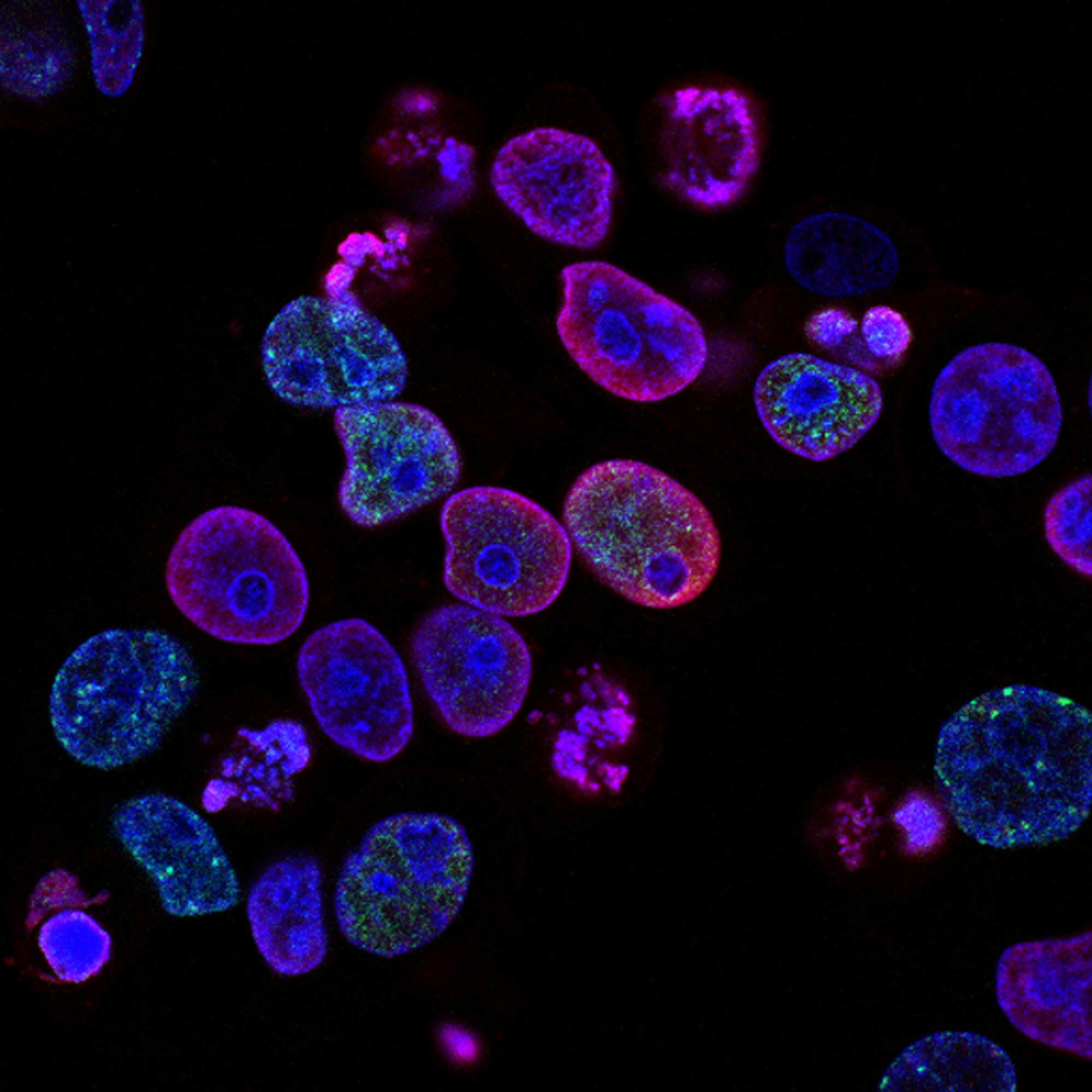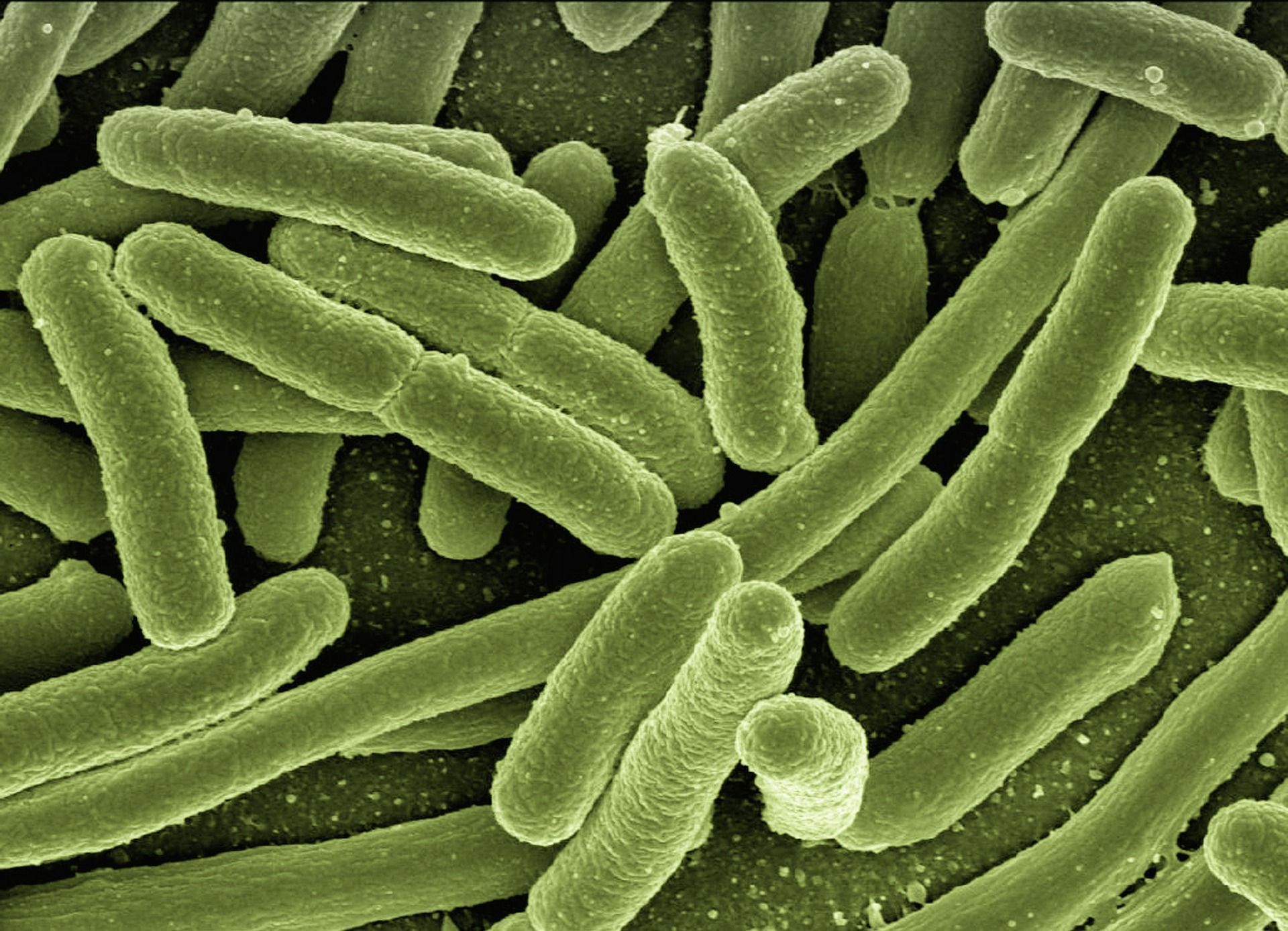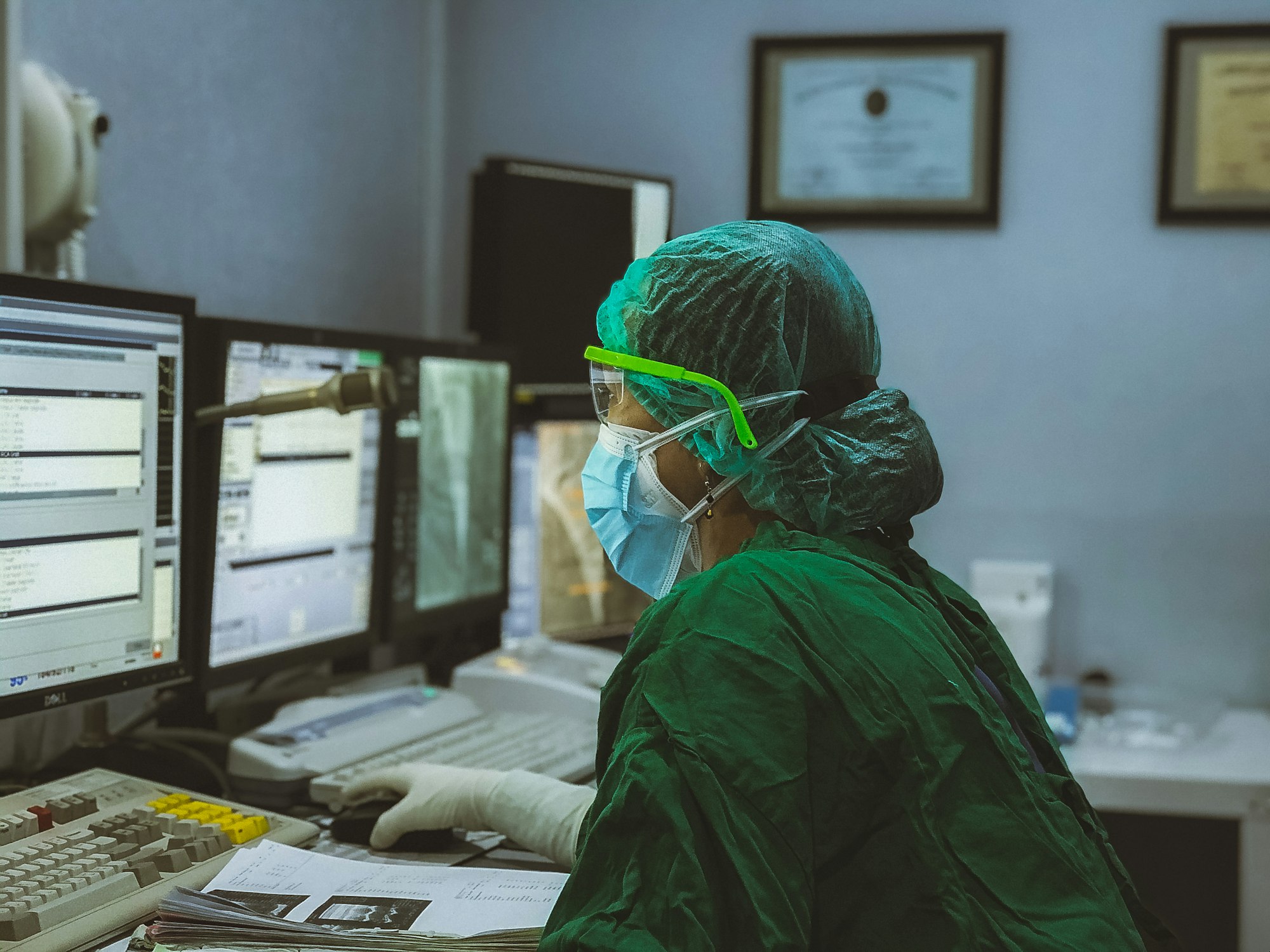❤️ Health Tech
Health Tech, or digital health, helps us understand and take control of our own health. But we also cover more traditional health news like medicines, vaccines and medical procedures.
👃 An electronic nose smells cancer in blood samples
A regular blood test can show if you have cancer cells in your blood and if a tumor is benign or malignant.
💉The HPV vaccine is better than expected
Women who have received the HPV vaccine have a broader protection against cancer than previously thought, a new study concludes.
👩🏻🔬 Study opens for chip implants in humans
The Swedish chip implant company DSruptive Subdermals publishes a report from the first clinical study ever with temperature-measuring implants for humans.
🦠 Gut bacteria can decrease the side-effects of chemotherapy
A new study shows that certain types of gut bacteria could help protect other beneficial bacteria that would otherwise be eliminated by the drugs used in chemotherapy.
🧬Gene Therapy could help children without an immune system
In a new study, 48 out of 50 children with severe immune disease were cured. The results were recently presented in the New England Journal of Medicine.
🏥 Zimbabwe sets up virtual hospitals for covid patients
Virtual Hospitals have the potential to overcome hindrances in Zimbabwe that prevents people from accessing healthcare.
💉 The Corona vaccines are one of humanity's greatest achievements - how was it possible?
The previous world record for the development of a vaccine was almost 5 years. The Corona vaccines crushed that record. How was that possible? That story hasn't been told - until now.
🦟Zimbabwe reaches landmark in eliminating malaria
Zimbabwe's efforts in eliminating malaria have paid off. Cases are down to zero in 20 out of 63 districts.
🔬 Levels of proteins key in choosing treatment for breast cancer
A new study suggests that the levels of a protein in body tissue indicate how effective radiotherapy is for treating a certain type of breast cancer.








